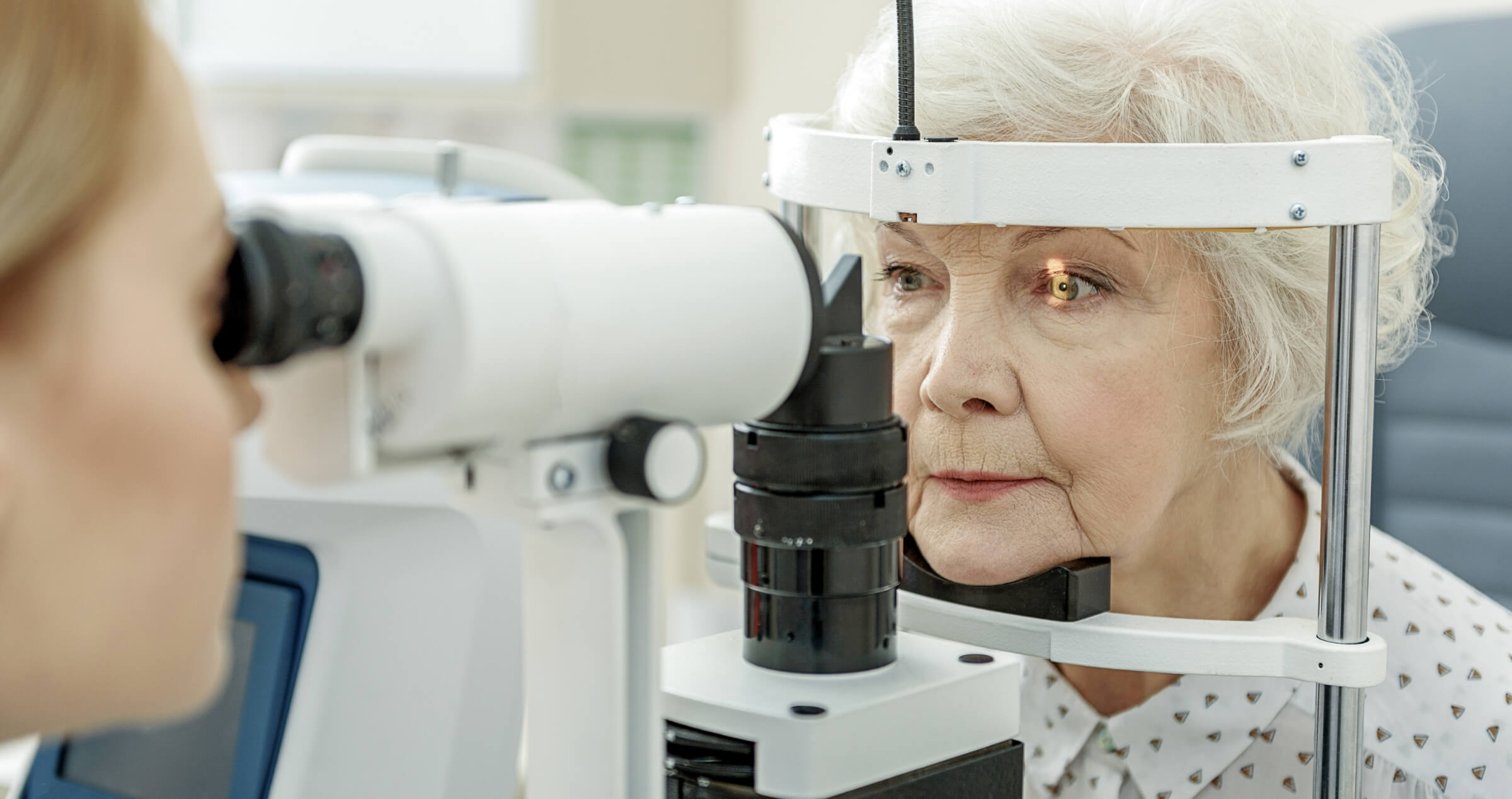Share
Two scientists in the UK have shown that a novel low molecular weight dextransulphate known as ILB could play a key role in treating open angle glaucoma.

Fibrosis refers to the thickening or scarring of tissue possibly as a result of an injury or damage. Fibrosis in the Trabecular Meshwork (the drainage system of the eye) causes inefficient drainage of the fluid out of the eye leading to an increase in eye pressure resulting in damage to the optic nerve resulting in Glaucoma.
The researchers report that existing therapies such as certain eye drops, laser treatments and glaucoma surgeries mainly work by reducing the production of fluid in the eye and not the underlying causes. Even newer therapies have shown limited clinical success.
The novel research was conducted at the University of Birmingham by Dr Lisa Hill and Dr Hannah Botfield, and reported in npj Regenerative Medicine. It has shown that ILB can treat fibrosis inside the eye and lower eye pressure in a pre¬clinical model used to mimic glaucoma in humans, paving the way for new anti-fibrotic therapies to be developed for the disease.
According to the University of Birmingham, Hill and Belfield found that ILB has an effect on many genes that can resolve inflammatory processes that can lead to fibrosis. Using the pre¬clinical experimental model of glaucoma, they found that daily subcutaneous injections of ILB significantly reduced fibrosis or scarring within the eye's main drainage site, normalised the eye's pressure and prevented degeneration of the optic nerve cells.
"We are truly excited by these results, which show a way forward for a glaucoma treatment that can reverse the fibrotic process that causes the disease," Hill and Belfield said.
Hill said clinicians working within Ophthalmology generally prefer local over systemically delivered therapeutics, as it is generally considered to be a safer route of administration that is more acceptable to patients. Therefore, Dr Hill is continuing research to formulate a topical alternative that will avoid the need for an injection that could potentially have more systemic side effects.
Published with permission from Insight News. To view the original article visit www.insightnews.com.au



